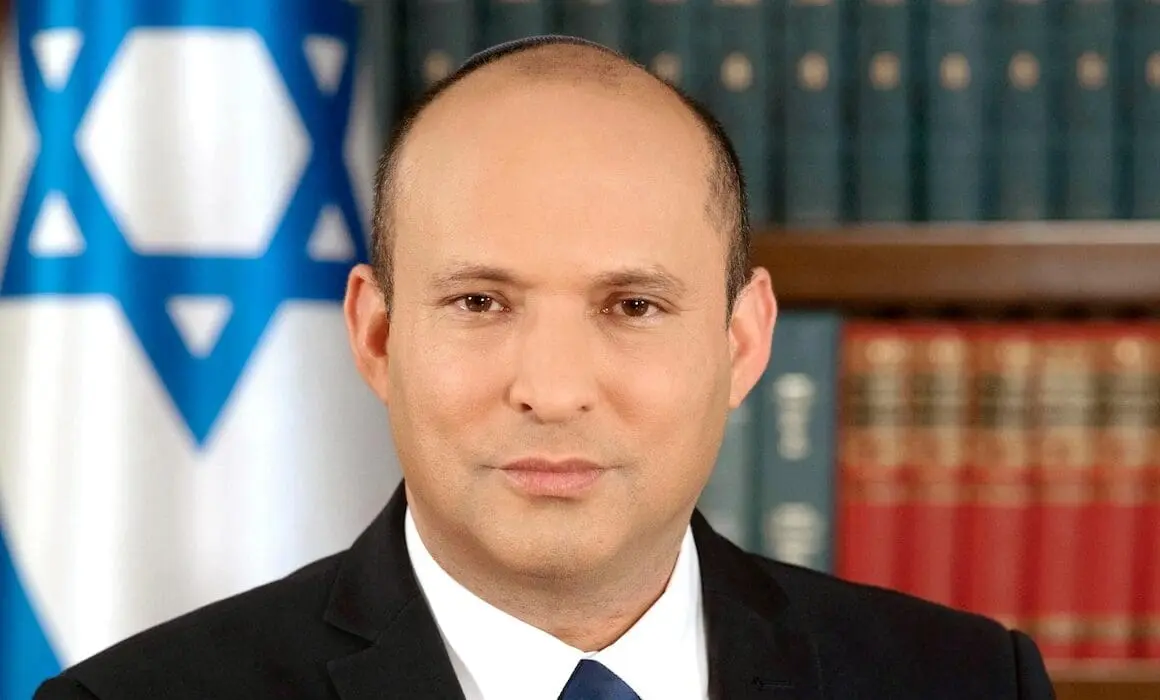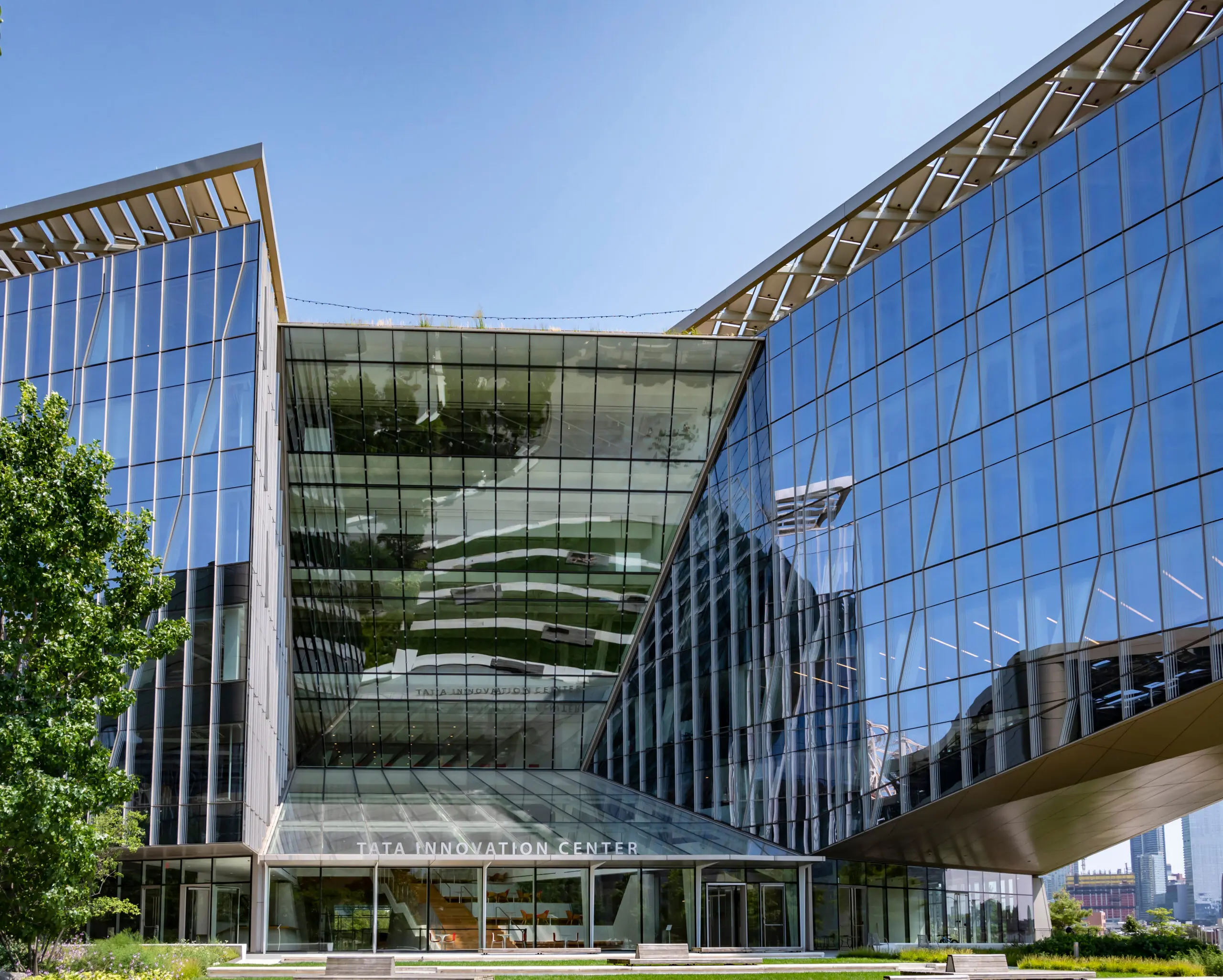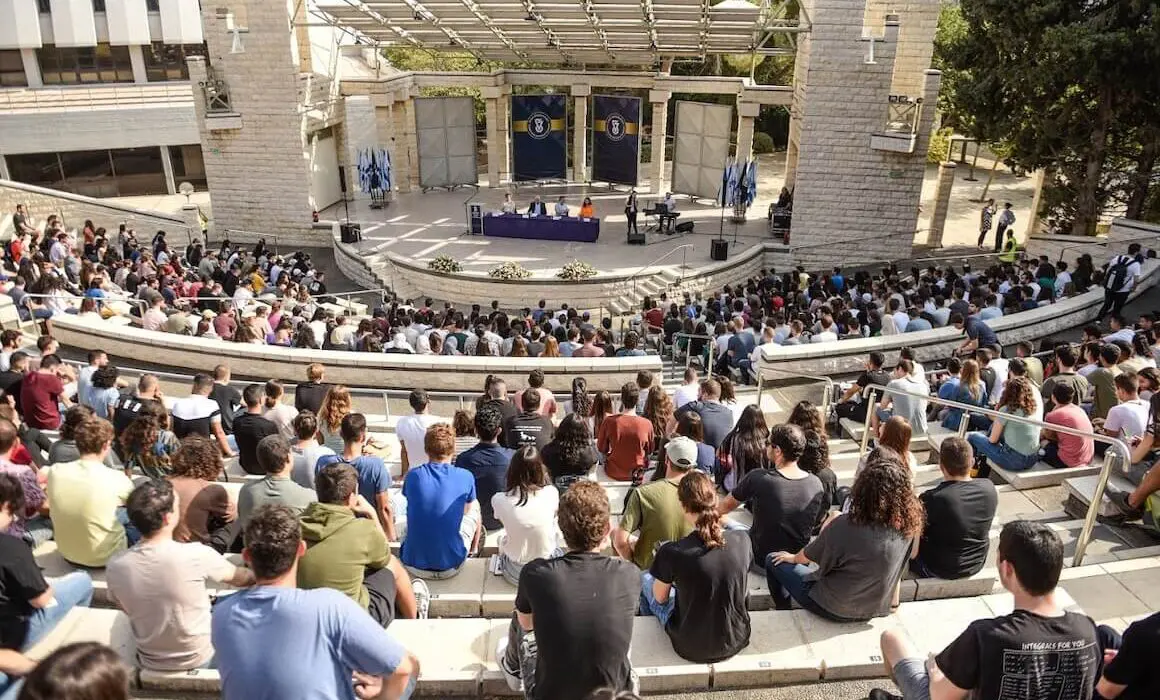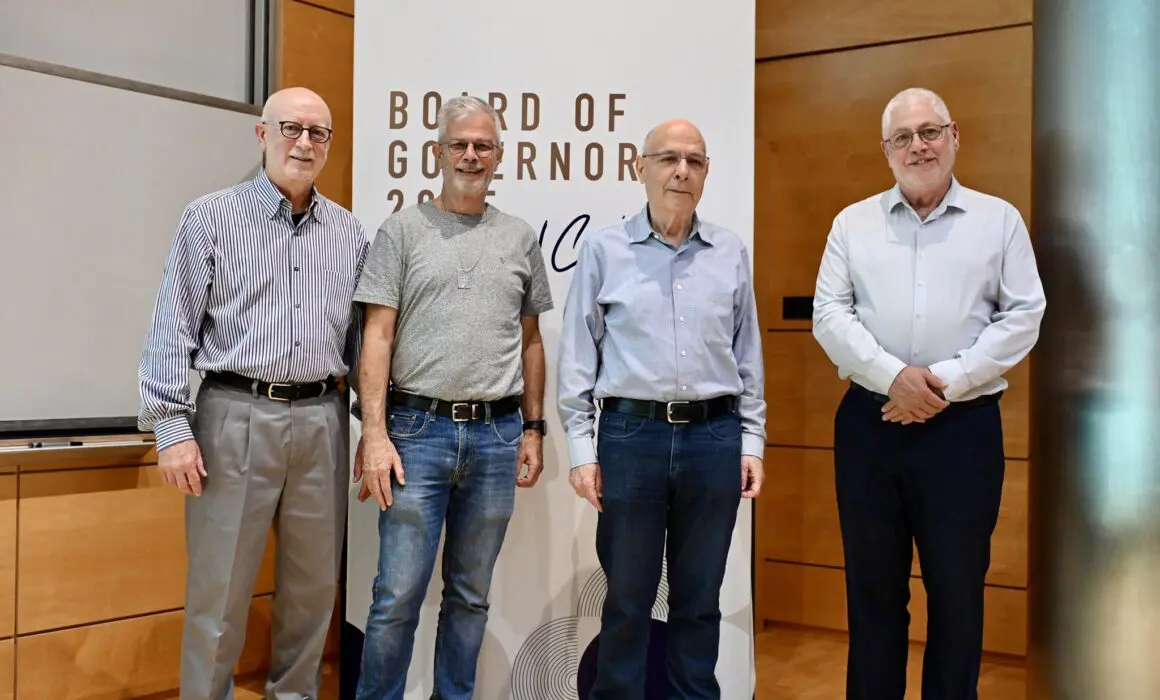Naftali Bennett: Technion Pride

Naftali Bennett, Israel’s 13th prime minister and a Haifa native, may have obtained a law degree, but the high-tech entrepreneur has the spirit, drive, and pride of the Technion at his core.
“I grew up in the Technion; it was really central to my identity,” the former prime minister said in an interview with ATS staff.
His father, Jim Bennett, worked in the Technion’s fundraising department. “Every Friday, my family would go to the Technion pool, and I’d watch my father play basketball. It was just a fundamental part of who I was.”
Growing up in the Technion’s shadow also created high expectations and pride. “The Technion projected an aura of excellence and science into the city.” The Technion’s leading role in high tech and entrepreneurship also clearly impacted the former prime minister. In 1996, Mr. Bennett began pursuing a degree in law at The Hebrew University of Jerusalem, while at the same time starting work for a software company.
By 1999, he had cofounded an anti-fraud company in New York called Cyota. He served as its chief executive officer until Cyota was sold in 2005 to U.S.-based RSA Security for $145 million. Always a staunch Zionist, he included a stipulation that the Israeli arm remain intact. Today, 400 Israelis are employed in the company’s offices in Be’er-Sheva and Herzliya. Following a brief stint from 2006 to 2008 as chief of staff to then-opposition leader Benjamin Netanyahu, in 2009 Mr. Bennett became CEO of Soluto, a startup specializing in cloud computing services. That company was sold to Asurion, another American company, for $130 million in 2013.
Prior to, during, and following Mr. Bennett’s high-tech career, he assumed strategic roles in the Israel Defense Forces. He became a commander in the Maglan, a unit that specializes in operating behind enemy lines. While he was living in the United States, he repeatedly traveled to Israel to perform reserve duty. He served during both intifadas and in the second Lebanon War in 2006.
Mr. Bennett’s political career began in earnest in 2012 when he became the leader of the Jewish Home party. Between 2013 and 2021 he held significant cabinet positions, including minister of economy, minister of Jerusalem and diaspora affairs, minister of religious services, minister of education, minister of defense, and finally prime minister in 2021, when he formed a broad coalition and led the most diverse government in Israel’s history.
And throughout his political service, he looked to the Technion for leadership and partnership in many initiatives. “The Technion is one of Israel’s national treasures — a national treasure that is central to Israel’s success and national security,” Mr. Bennett said. The former prime minister lauded the Technion’s commitment to excellence in education. When he was minister of education and saw the steady decline in advanced high school mathematics as a national crisis, he sought help from the Technion.
“The Technion sent people into the high schools to encourage these studies, and the Technion was the first university in Israel to change the incentive structure for these kids. And when I believed Israel needed to take a quantum leap in quantum studies, it was the Technion that took charge.”
Mr. Bennett also praised the Technion’s determination to advance STEM studies by women, Arab Israelis, and the ultra-Orthodox. “At the Technion today, one out of every two freshmen is a woman. That’s amazing in science and technology.” Beyond education, Mr. Bennett is keenly aware of the Technion’s role in the development and security of Israel, calling the Technion the backbone behind the nation’s air force, defense services, and world-renowned high-tech industry.
“The Technion is part of the foundation of Israel’s national security and economy,” he said. He believes that to thrive in the region, Israel needs to be a generation ahead — not just in defense, but also in water conservation and technologies, energy, cybersecurity, climate change, and more. Strength in science and technology gives Israel its edge, and according to Mr. Bennett, the Technion and its alumni make that possible.
“Israel would not be the Startup Nation without the Technion, full stop. I can’t imagine a better ROI for Israel’s prosperity, national security, and social coherence than investing in the Technion.”
More About
More Visionary Education stories

Industry Leaders Join Jacobs Institute Steering Committee



